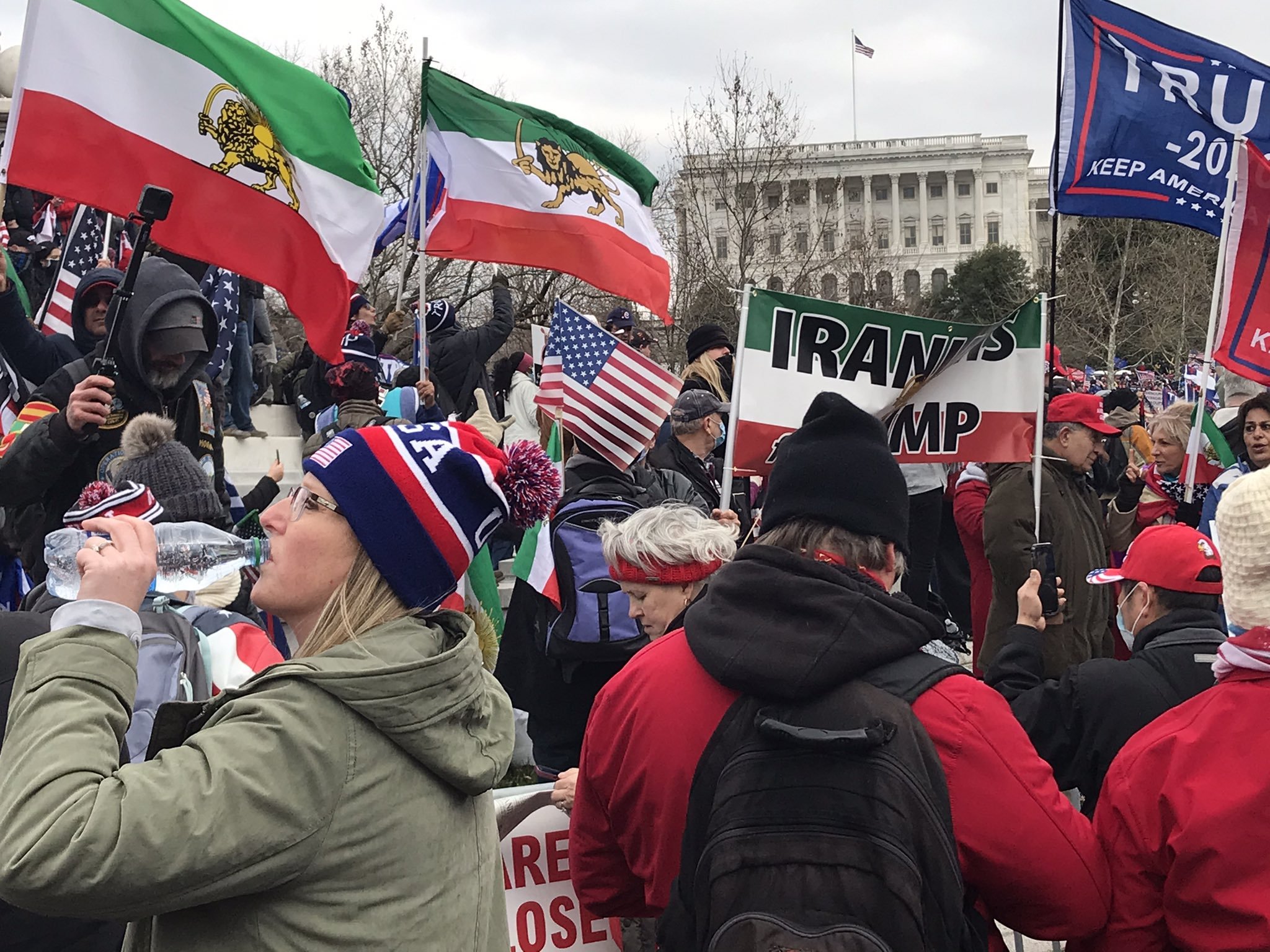
Foucault’s Radical Historicism: Limits, Tensions, and the Specter of the Transcendental
In his article, “The Limits of Radical Historicism: The Methodological Significance of Foucault’s Relationship to Transcendental Philosophy,” Leonard D’Cruz critically examines Michel Foucault’s attempt to historicize epistemological conditions while avoiding the pitfalls of transcendental philosophy. At the core of this inquiry is the tension between Foucault’s commitment to radical historicism—the view that knowledge, power, and subjectivity are entirely contingent on historical circumstances—and the possibility that his methodology inadvertently reintroduces quasi-transcendental structures. “The Limits of Radical Historicism” raises a fundamental question for scholars invested in historicist critique: Can Foucault successfully extricate his framework from transcendental categories, or do aspects of his thought implicitly depend on the very structures he seeks to reject? In exploring this issue, D’Cruz’s analysis serves as a crucial intervention in debates on the limits of radical historicism, offering insights that extend beyond Foucault’s work to broader methodological concerns in historiography and critical theory.

Power, Resistance, and the Limits of Critique: Engaging Cronin on Foucault and Bourdieu
Few debates in modern social theory are as rich and consequential as the discussion surrounding power, agency, and resistance. Theories of power not only shape how we understand domination but also influence how we imagine resistance, emancipation, and the possibilities of political transformation. Two of the most influential thinkers on this subject, Michel Foucault and Pierre Bourdieu, have offered distinct yet overlapping accounts of power, both of which continue to shape academic and political discourse.

Nostalgia, Diaspora, & Iranian Neo-Monarchists: A Genealogical Exploration of Longing and Politics
This article examines how a segment of the Iranian diaspora—particularly those identifying with “neo-monarchist” ideals—employs nostalgia to mythologize Iran’s Pahlavi past and rally political support for restoring the monarchy. Drawing on theorists like Kathleen Stewart and Hamid Naficy, it demonstrates how nostalgia functions as a “cultural practice” that can distort history and spark reactionary political fervor. Through examples from Los Angeles (“Tehrangeles”), the January 6 Capitol attack, and social media groups praising the late Shah, the piece illustrates how idealized memories of imperial Iran galvanize newly established organizations like Iranian Americans for Liberty, which advocate a U.S.-backed overthrow of the Islamic Republic. Ultimately, it warns that such nostalgia can foster discord rather than unity, serving as a powerful yet potentially regressive political force within the diaspora.

On Symbolic Economies of Resistance
In Symbolic Economies, Jean-Joseph Goux explores how Marx’s analysis of the genesis of money and value in Capital can be applied beyond economic contexts to understand broader logics of value exchange, both quantitative and qualitative. Goux begins by adopting a “radicalized conception of exchange,” which goes beyond traditional economic exchange. He is interested in exchange as a fundamental principle that applies to both economic systems and other domains of human interaction.

The Zettelkasten as Rhizome: Discipline, Reflection, and Architectures of Thought
In an era defined by instant gratification, the deliberate, methodical process of zettelkasten stands as a quiet act of resistance. It cultivates cognitive endurance, stretches attention spans, and fosters a richer, more reflective engagement with knowledge. Over time, it transforms the practitioner, nurturing a resilient mind attuned to nuance, complexity, and depth.

Temporal Multiplicity in E. P. Thompson & Reinhart Koselleck
This paper attempts to trace the semantic valences that invest particular textures of temporality with significance. I borrow the term “semantic valence” from the discipline of linguistics for reasons that should become more explicit. We need not dwell on the more scientific implications of these terms for linguistics. For my purposes, semantic valences are the varying shades and degrees of formal meanings associated with a particular concept, synchronically or diachronically. With this understanding of semantic valence in mind, I contend that one method of undertaking such a “trace,” especially when its object of inquiry is the characterization of time, is a historiographical comparison. This “trace” will sketch out how two scholars—who have been received as paradigmatic in their respective spheres of influence—characterize, express, and represent temporal change and multiplicity. In order to advance this inquiry, I will place E. P. Thompson’s seminal essay, “Time, Work Discipline, and Industrial Capitalism,” and Reinhart Koselleck’s Futures Past: On the Semantics of Historical Time into conversation.

On Elective Affinities
To begin theorizing with Weber’s ideas about the “Protestant ethic,” i.e., to theorize alongside Weber (and perhaps even against him), I think it behooves us to come up with a working definition of what he could have possibly meant by Wahlverwandtschaften [Elective Affinities]. Perhaps it was Goethe’s play that exposed Weber to this idea and perhaps Goethe learned about it from the eighteenth-century Swedish chemist, Torbern Bergman, who coined the term in a treatise about molecular combinations. Swedberg and Agevall (2016) concede that “‘Elective affinity’ is not a carefully defined technical concept in Weber’s writings but rather a key phrase.” Scott (2015) argues that Weber used the term to “describe the relationship between Protestantism and capitalism.” In Scott’s view, the term “refers to the resonance or coherence between aspects of the teachings of Protestantism and the ethos of the capitalist enterprise: the contents of one system of meaning engender a tendency for adherents to build and pursue the other system of meaning. The actors concerned may not be consciously aware of this affinity.”

The Ringstrasse: Schorske, Olsen, and Bourgeois Self-Representation
In 1994 , a volume of essays entitled, Rediscovering History: Culture, Politics, and the Psyche, edited by Michael S. Roth, was released in which several historians contributed original research and analytical reflection. All of these essays relate, in some way, to the diverse methodological, conceptual, and theoretical insights articulated by intellectual historian Carl E. Schorske. Roth, in his introduction to Rediscovering History, provides a practicable avenue through which one can situate herself or himself in relation to Schorske’s own research goals as discussed in his 1980 book of essays (some of which were published earlier) entitled Fin-de-siècle Vienna: Politics and Culture. Upon its publication, Fin-de-siècle Vienna became an inflection point in Schorske’s career as a historian.

Recent Work on Colonial Violence in French Algeria
The primary texts under discussion include Benjamin Claude Brower’s A Desert Named Peace: The Violence of France’s Empire in the Algerian Sahara, 1844-1902 (2009); Jennifer E. Sessions’s By Sword and Plow: France and the Conquest of Algeria (2011); Judith Surkis’s Sex, Law, and Sovereignty in Algeria, 1830-1930 (2019); and Joshua Cole’s Lethal Provocation: The Constantine Murders and the Politics of French Algeria (2019). Taken together, these texts provide insight about four typologies of violence and violent behaviors in the French Algerian colonial field: physical violence (including structural violence), ideological violence (including symbolic violence), juridico-discursive violence, and inter-communal violence (by way of) provocation.

Workflows: Reading & Heuristics
Someone recently asked me if I keep a list of books I’ve read, am reading, or plan to read. In fact, I used to be much better about this. In college, I was fastidious about keeping a tidy LibraryThings account. I toyed around with Goodreads, too. In reality, however, I think there’s something about record-keeping for its own sake that elicits jouissance. I don’t value my opinions highly enough to offer reviews of things with any reliable regularity.

Victor Turner, Christian Women, & Emancipation in Ritual
Rituals are a common thread across culture, time, and space. Examples of rituals studied by ethnographers include everything from circumcision ceremonies in central Africa to Christmas holiday shopping in megamalls across the United States. There exists a rich trove of theoretical apparatuses from which we can mine to better understand the seemingly impenetrable worlds of other religious procedures that defy Euro-American norms of liberated femininity and female emancipation. This is never more true than it is in the realm of the anthropology of theology, religion, and religious ritual.

Iranian Nationalism & Nostalgia: Fragment on a research interest
On 15 October 2021, I delivered a short presentation at the Eisenberg Institute for Historical Studies Workshop on “Violence, Witnessing, and Recovering the Archives” entitled, “Nostalgia, Diaspora, and Iranian Neo-Monarchists.” My talk focused on the political and cultural functions of nostalgia by a segment of the contemporary Iranian diaspora, particularly in the United States. In thinking here through nationalism and nostalgia in the American case, I hope to explore in my dissertation the ways in which memory was and is utilized, revised, and weaponized by the Iranian diaspora in France.

Jesus as Victim of Sexual Humiliation & Assault: Preliminary Thoughts with Tombs and Bonhoeffer
Victims of sexual humiliation and abuse likewise receive the exhaustion of the rage of the world in their bodies. Living day by day with the stigma and scars of their crisis, they suffer with the crucified one who truly knows their pain in a direct, visceral, and experiential way.

Workflows, Revisited: Research Practices and Digital Infrastructure
In this article, I reflect on how my research workflows have evolved, especially during archival research, and make the case for intentional, adaptable systems to manage the overwhelming volume of information we encounter as scholars. Drawing from my own experience and tools like Evernote, DevonThink, and analog journaling, I outline the four-step method I use—capture, organize, process, analyze—that helps me structure my archival work and deepen my analysis. I emphasize the importance of consistency over perfection and invite readers to share their own strategies, as I see workflow design as a vital but often overlooked part of scholarly life.

Exteriorizing Subjectivity: Snapchat & Pharmacopornographic Biocapitalism
Welcome to the pharmacopornographic regime. Digital screens, monitors, and interfaces of every size buzz, pulsate, and project wave-particles of light into the air, all around us, twenty-four hours a day. For those born after the advent of Web 2.0 (at the new millennium), there has never been a period of non-digitally mediated subjectivity. The entanglements of technology, late-modern capitalism, and our use of technology in the context of late-modern capitalism raise questions of baffling complexity and of intense urgency.

Workflows: Truly Welcoming Yourself to Graduate School
This post is a candid reflection on the challenges of starting a History Ph.D. program. It stresses the importance of building intentional workflows to manage the overwhelming influx of information, tasks, and expectations. Drawing from personal experience, I outline how tools like Evernote, Dropbox, and Zotero have helped create a sustainable system for note-taking, file organization, and task management. More than a productivity hack, I argue that developing a clear information architecture is a form of academic self-care—one that enables graduate students to focus on thinking, learning, and surviving the long haul of doctoral study.

Workflows
I’m at my desk in Ann Arbor, Michigan. Though the weather suggests summer has begun, I’ve resisted that seasonal shift. I’m still deep in the rhythms of research and study—finishing seminar papers, attending language courses, and preparing for the third year of my Ph.D. in history at the University of Michigan. Two years in, I’m facing down an ever-growing mountain of texts—books, articles, conference papers, dissertations, and lectures—all of which demand attention ahead of comprehensive exams at the end of the 2021 academic year.